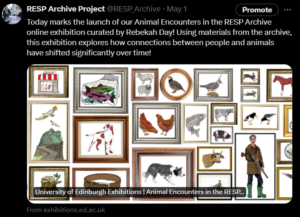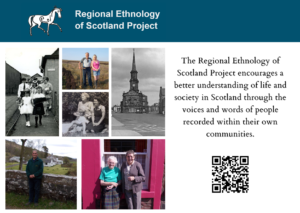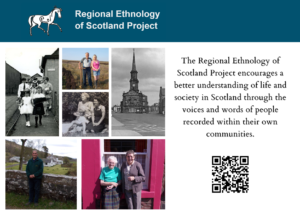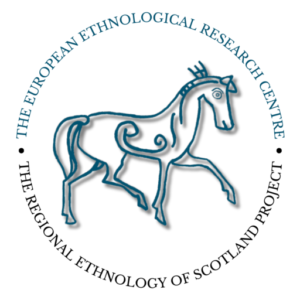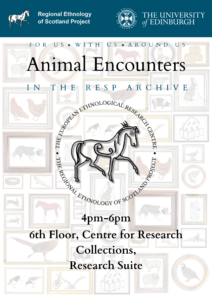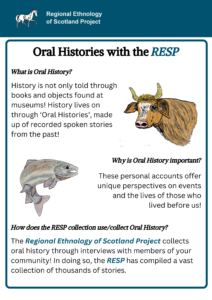Written by: James Rice, RESP Outreach Intern
With the arrival of May, my internship was close to an end, but, not before the in-person launch event for Rebekah’s online exhibition; representing the culmination of both her and most of my work so far!
Coming in on the 1st May, there were many last second arrangements for the event that afternoon. First, liaising with the team, I organised where each of my colleagues would stand to welcome and direct our guests to the CRC on the 6th floor about 20 minutes before the event itself at 4pm; each taking either an A3 or A4 stand displaying the signage for the event. In doing so, I prepared a guest checklist for the building’s security just in case any of our guests were missed by a colleague and found themselves being ID’d by staff.
After which, I ensured that the monitor in the Research Suite where the event would be hosted was functioning as intended, while the Ipads we hoped to provide guests where fully charged with the exhibition’s website accessible. While I did check on these factors the day prior, I thought it would be best practice just to confirm once again ahead of the event in case of any issues.
While the monitor worked fine, and I was able to stream my laptops screen and audio to the display, I found on the day that the provided Ipads did not work as intended. While everything else with these devices were functional without any issue, I had yet to test Rebekah’s exhibition on them until it finally launched that day. Upon testing this, I found that the Ipads (which had not been updated in several years) struggled to display the on-line exhibition as intended; instead presenting metadata and incorrect formats across several of the webpages on the site. Despite this, the RESP team came together and decided to allow guests to use our laptops to access the page instead.
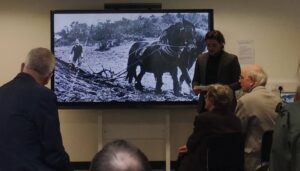
Photo taken of myself reading out at the live launch event for Rebekah Day’s ‘Animal Encounters in the RESP’.
With this crisis averted, my last responsibility on the day was to ensure that our catering order was still set to be delivered between 3pm and 3:30pm ahead of the event. For whatever reason, the order confirmation was no longer displayed on the teams account history. But I was able to run downstairs and check with the catering team and confirmed that we were all set to go as the time came.
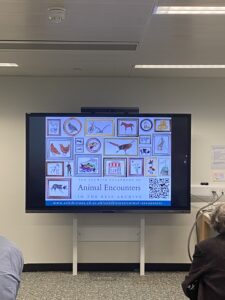
Photo of our exhibit display.
After this, the event ran without a hitch. We were grateful for the speech by our guest, David Paterson, who spoke of his brother Logan who was interviewed as part of the Dumfries & Galloway RESP in 2013. Likewise, we were treated to a wonderful performance by Dr Jo Miller, who is a singer, fiddler, ethnomusicologist, and community musician based in Stirling. Overall, despite the issues that arose this was once again a brilliant experience. The problems that did arise were evident that in reality, there is no perfect setup to an event. Hiccups occur and you can’t predict the unforeseen. But, the key here was not to panic, be open with those around you, and focus on finding a solution ahead of time to minimise problems.

